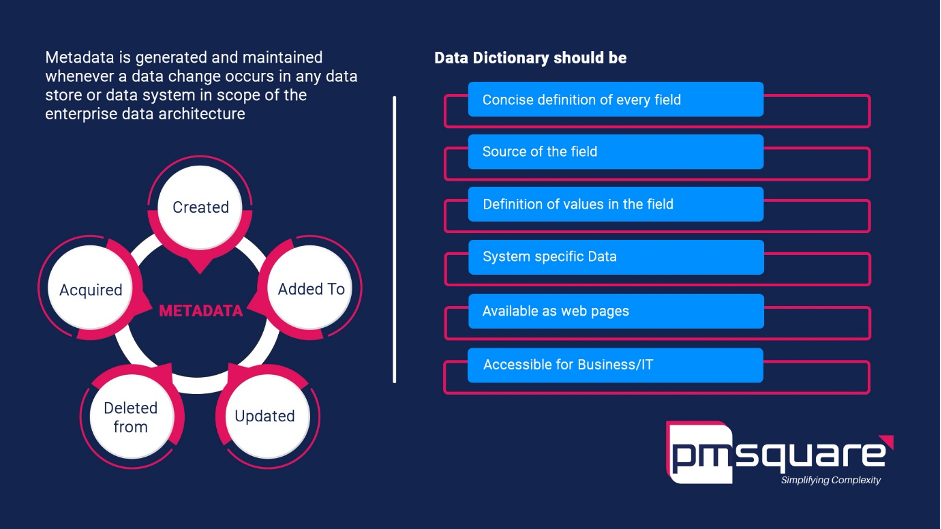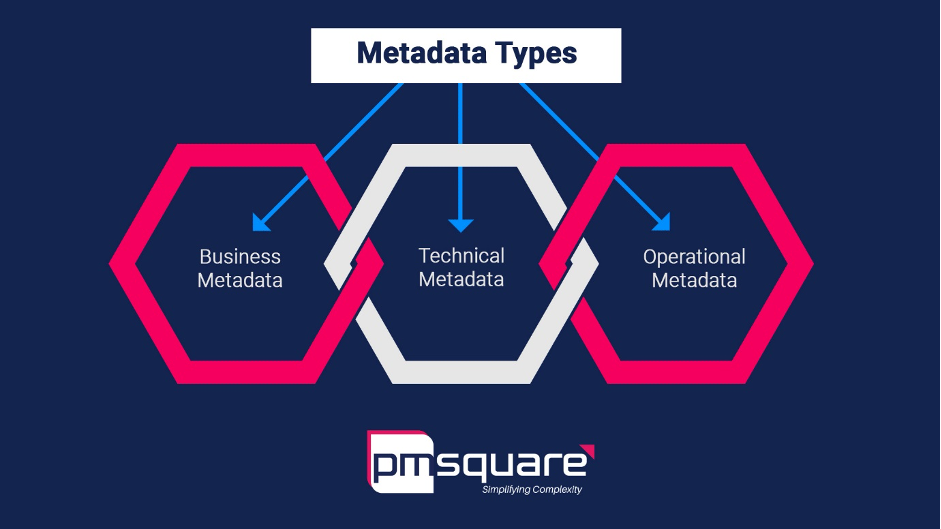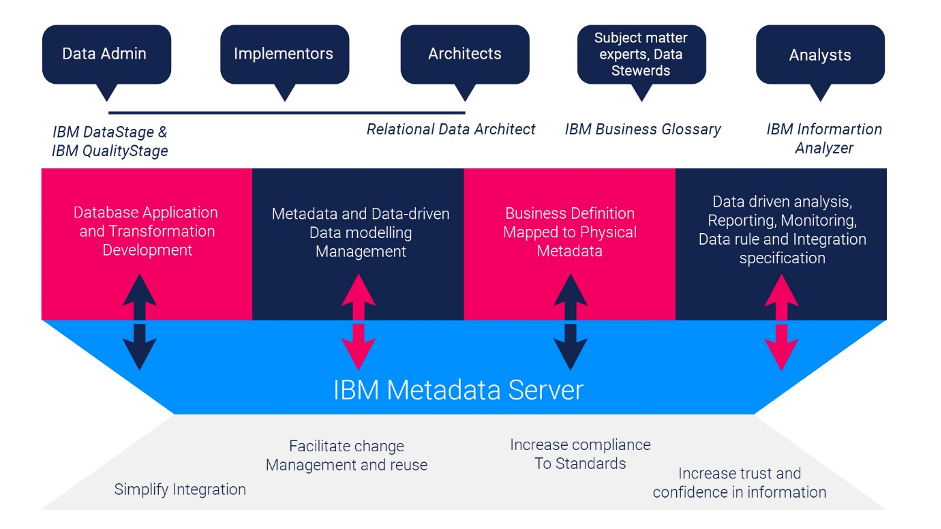
The Value in Understanding the DNA of your Data
The ‘What’ and ‘Why’ of Metadata
Put simply, metadata is the DNA of your data, down to a granular level of audit trail and user history and defines the physical characteristics of each data element. It will give you information on data usage, data ownership and user access, and will also explain why the data was accessed, as well as where it came from. The story metadata tells is useful to all levels by users across all roles across an organization.
Metadata is generated on any change to your data, anywhere in your organisation’s enterprise data architecture, be it in data storage or data system. Metadata Management is like a data dictionary. And defines the fields and values, source, system, and is easily available as a web page to the business or IT.

The benefits of using metadata in business is limitless and will add value to your business. It will speed up your turnaround time with its organised visualisations and deliverables by providing you with a one-stop documentation on all the data in your system.
Three Categories of Data
Metadata can be split into three categories: Business, technical, or operational.

Technical metadata
Technical metadata includes database system names, table and column names, data types and allowed values, and can also include primary and foreign key relations.
Eg: F_TRXN.INVC_DT where F_TRXN is table name and INVC_DT is the column name. Data type is DATE.
Operational metadata
Operational metadata describes if the data is active or not, and if transformation or logic has been applied to it. Depending on the complexity of your Datawarehouse system, these three classifications can help you maintain the details of the system and can be your one-stop shop to trace anomalies and details.
Making Sense of Your Data
IBM Information Server The IBM Information Server suite stores metadata in a metadata repository tier as its own schema in a database and will maintain and manage your Technical and Operational Metadata in a Metadata Repository when integrated with IBM InfoSphere DataStage.

While some cinematic versions of Frankenstein have a happy ending, the ending from the book is bleak: Frankenstein’s creator dies wishing that he could destroy the monster he created.
If you want to translate the Victorian melodrama into 2023 corporate terms, we’re sure there will be less death, but just as much regret. Ultimately, the last thing you want to become is the owner of a Franken-System that wreaks havoc on your organisation, with no way to slay it.
We are enablers of change and transformation in Supply Chain, Information Management, Financial Planning & Analytics, Management Consulting, Project Management, and Managed Application Services. Contact us to find out more about how we work with your teams or call 1300 841 048.



